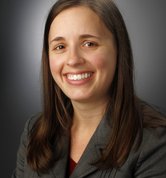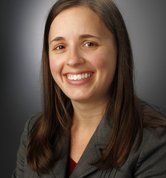Bob McDonnell, during his 2009 gubernatorial campaign, promised actions to improve rural health care.
"We will offer assistance to the new VCOM in Blacksburg and the Virginia Tech Carilion School of Medicine in Roanoke, to train more doctors and nurses to practice in rural Virginia," he pledged in his health care plan, released that Sept. 10.
The Edward Via College of Osteopathic Medicine, or VCOM, opened in 2003 with a mission to train physicians to practice in rural areas. The Virginia Tech-Carilion School of Medicine opened in 2010.
We reported 18 months ago that McDonnell had made no progress on his promise. But because the administration officials said they were considering and awaiting recommendations from two state commissions studying health policies, we rated the pledge "In the Works" and said we'd revisit it before McDonnell left office.
The update: Neither private school will receive any state aid to train rural doctors and nurses during McDonnell's term, which ends Jan. 11.
Bill Hazel, secretary of health and human resources, said private medical colleges in Virginia are growing without state support. Taylor Keeney, a spokeswoman for the governor, sent us an email noting two medical schools are scheduled to open next year: the Liberty University School of Osteopathic Medicine in Lynchburg with 150 students per class; and the King School of Medicine and Health Sciences Center in Abingdon, with 60 to 75 students in the first class and plans to expand to 150.
Because of growth, Hazel said the administration has shifted its emphasis from aiding private medical schools to keeping their graduates in Virginia for residency training.
Hazel said the administration had planned to seek federal funds to help build a rural residency program, but the application process for the Department of Health and Human Services' State Innovation Model grant program was delayed from this summer until at least January. It's unclear whether Washington will release guidelines before McDonnell leaves office.
What's clear is this: McDonnell's pledge to help the two private schools train doctors and nurses to practice in rural Virginia is a "Promise Broken."

